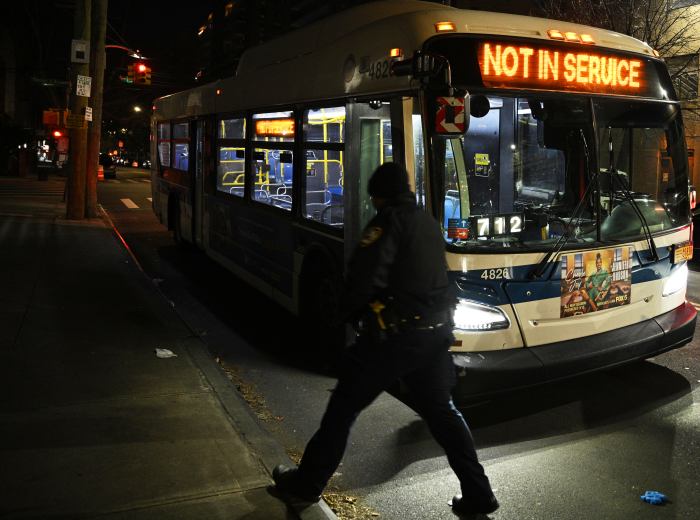Q: I am a caregiver for my aunt who has Alzheimer's. How can I prevent her from wandering?
A: Wandering affects up to 67 percent of those living with Alzheimer's. Caregivers must be vigilant about keeping a watchful eye on the wanderer. While there is no foolproof way to prevent wandering, the following tips may help.
Secure your living area
Place warning bells above doors.
Cover doorknobs with childproof knobs.
Place locks out of vision line.
Change door latches.
Put fences, hedges, and gates with locks around your yard.
Use electronic buzzers, infrared electronic eye alarms, or chimes on doors.
Use monitoring devices that signal when doors are opened. Place pressure sensitive mats at doors or bedside to alert you to movement.
Camouflage doors by painting them the color of the walls, covering them with screens or curtains, or putting a two-foot square of a dark color in front of the doorknob. This may be perceived as a hole and place to avoid.
Consider comfortable, restrictive seating like beanbags, geriatric chairs, or recliners.
Use gates blocking access to stairs and outdoors.
Hide things the person needs to go out like coats, pocketbooks, wallets, shoes, and glasses.
Augment the person's wardrobe with bright clothing or bicycle reflectors.
Alert neighbors and favorite stomping grounds and ask that they call you if the person is seen unsupervised.
Identify dangerous areas near your home such as bodies of water, open stairwells, dense foliage, tunnels, bus stops, high balconies, and heavily trafficked roads. Check these if someone becomes lost.
Eliminate the person's ability to drive.
Register the person in The Alzheimer's Association Safe Return® program, a nationwide alert program that saves lives by assisting in the safe and timely return of individuals with Alzheimer’s disease who wander and become lost, whether locally or far from home. Tune in for more on Safe Return.
For help with this or any other dementia situation or for a list of our services visit our website www.alznyc.org or call our 24-hour helpline 1-800 272-3900. There is always a caring and informed person at the other end of the line to help you.
The Alzheimer's Association, New York City Chapter
If you have a question for the Alzheimer's Association, New York City Chapter, please send it to Jed Levine at expert@alznyc.org































